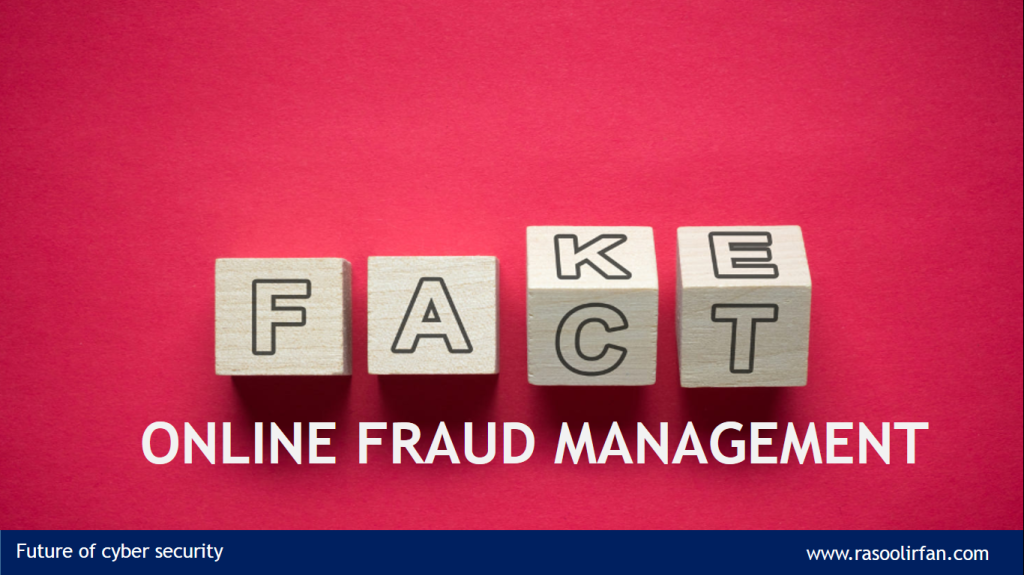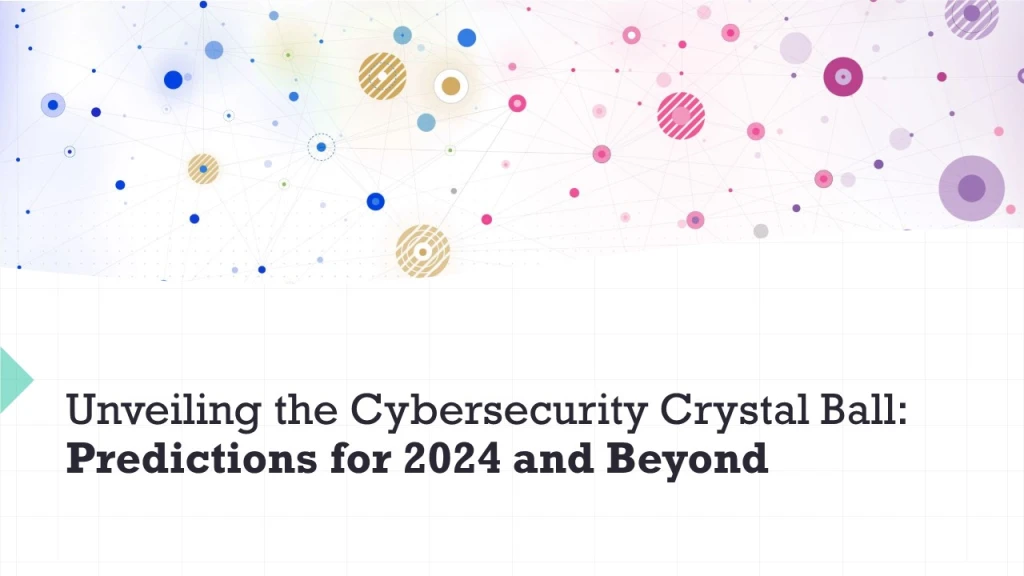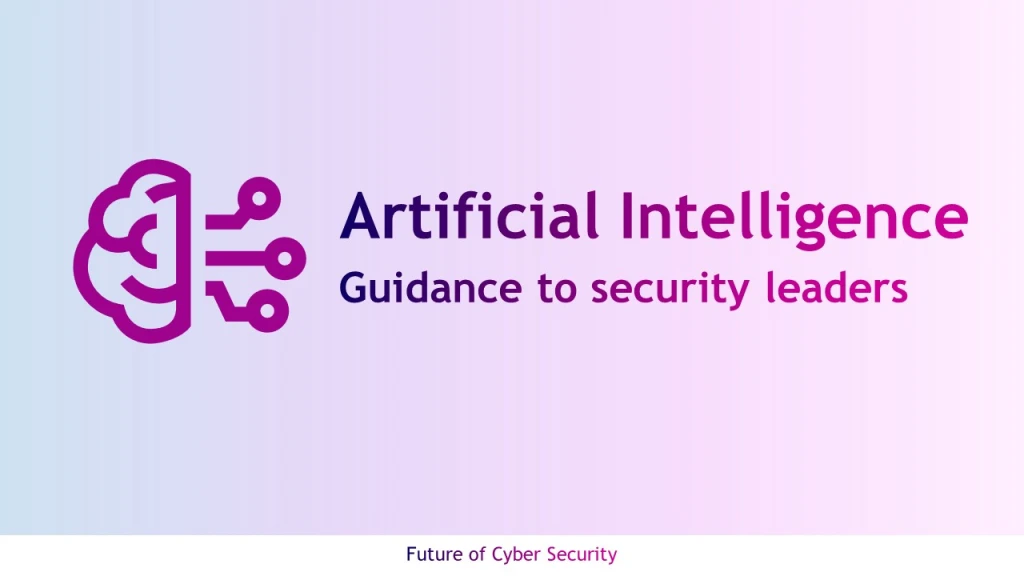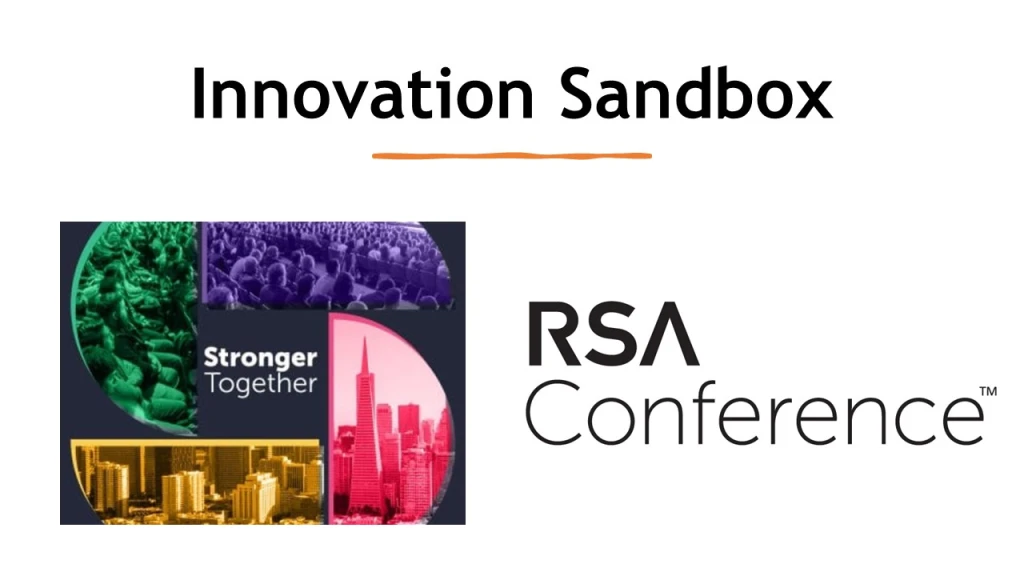Digital transaction and consumer’s online presence
Technology advancements has benefited both business and consumer by adopting digital technologies. With increase in adoption of smart phones and smart apps – the fraudulent activities has also exploded. Frauds such as identity thefts, merchant and triangulation frauds, affiliate and clean frauds, phishing, pagejacking, and counterattacks occur during online transactions. Other frauds are more prevalent for business including application fraud, transaction fraud, anti-money laundering fraud, fake listing and scams, fake accounts, content moderation, bot attacks, promotion abuse. The digital channels such as web, mobile and telephony are interaction juncture for fraudster to perform hacking attempts to both business and consumer.
Cyber security leaders focused on fraud prevention are concerned with fraud losses within organizational risk tolerances and thus want to detect fraud as it happens.
Tweet
Online fraud management solution providers
The fraud management solutions are broadly categorized into below sub segments
- Fraud analytics is the combination of analytic technology and fraud detection techniques with human interaction which will help to detect the possible improper transactions like fraud or bribery either before the transaction is done or after the transaction is done.
- As fraud attacks grow more frequent and complex, new technologies have sprung up to help meet the challenge, using a variety of tactics and tools to detect fraud. This is the case of device recognition, malware detection, identity verification, behavioural biometrics, and document verification, just to name a few. Fraud hub connects various functionalities together in a smart, orchestrated way, leveraging machine learning-driven decision to deliver a single fraud decision across multiple tools and enabling businesses worldwide to improve their fraud detection capabilities.
- Merchants lose billions of dollars to legacy fraud solutions, payment failures, high-friction verification methods and more. Chargeback guarantee technology solutions recognize legitimate customers and keep them moving toward conversion, hence merchants can safely approve more orders, expand internationally and fulfil Omni-channel flows while providing a frictionless customer experience.
- Data consortium provides access point to local, high-quality reference data for businesses who need to verify the identities of their customers all over the world. Comply with global KYC and AML regulations with real-time identity checks.
- As call centres continue to evolve, the Internet of Things (IoT) is quickly emerging and changing the way we interact with technology. This shift to voice is requiring a massive rethink about how to handle security. Voice solutions provide security, identity and trust on every voice interaction.
- Endpoint malware behavioural analysis platform identify which devices and people you can trust, and which you can’t. It address next-generation digital identity challenges by focusing on online user behaviour rather than static authentication measures, like passwords or endpoint security.
- Undetected malicious bots can damage your brand, steal sensitive information, take over accounts, and negatively impact your revenue. Bot management solution protects your web and mobile applications and APIs from automated attacks, safeguarding your online revenue, competitive edge and brand reputation.
Online fraud prevention solution providers
In this digital economy, online fraud detection systems are a necessary component in any security architecture and augment the basic application protection capabilities offered by a web application firewall and identity management solutions. Below slideshow has key vendors who solves most important problem across various fraud related use-cases.
Fraud Prevention Use-Cases across Industry
Industry today witnessing the lack of skilled professional to deal with fraudulent activities, which is hampering the organizations’ ability to meet their evolving IT security needs. Many organizations hire security professionals who lack the right skill to analyse and identify advanced frauds while under a cyber-attack.
Moreover, absence of clear lines of authority and the inability of the inexperienced staff to perform independent check/audits are adding to the problems. Organizations are finding it difficult to hire professional and experienced staff for handling their system security in the event of any fraud and this is becoming a big restraint in the Fraud Detection and Prevention industry.
Every industry sector listed below has unique problem with fraud
- Financial services – Stop application and transaction fraud, account takeover, money laundering, and more.
- Marketplaces – Build and maintain trust by stopping fraud before representational damage occurs.
- Social platforms – Keep your platform safe and secure by purging spam and harmful posts.
- Retail & Commerce – Eliminate fraud losses and provide great experiences to loyal customers by proactively detecting and preventing promotion abuse, bot attacks, account takeover, and more.
- Shipping & Delivery – Ensure platform safety, protect good customers, and reduce fraud losses.
- Telecom – Prevent financial loss from fraudulent subscribers, protect against ATO, and stop spam and phishing attacks.
- Insurance – Detect fraudulent claims and applications, spot collusion, and prevent dishonest agents from deceiving insurers.
- Travel – Uncover and block fraudulent reservations in real time, prevent losses from loyalty program fraud, and protect good customers.












Leave a comment